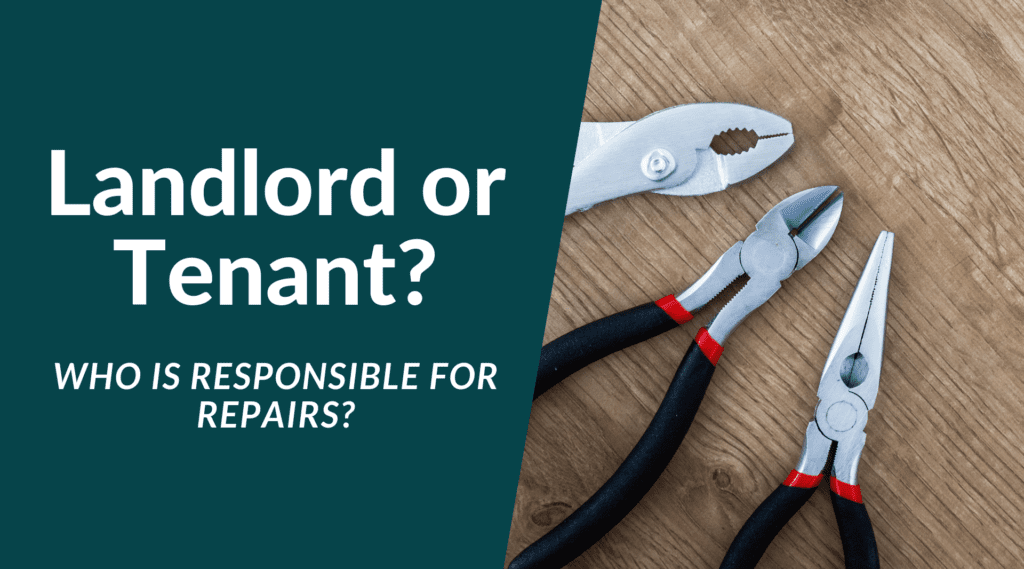You Break It, You Fix It: Commercial Landlords’ Obligations for Repairs of the Premises
Reading Time: 3 minutes
It seems like common sense that if the lease for a commercial space is silent on the issue of who’s responsible for maintenance and repairs of the Premises, including the infrastructure and equipment serving the Premises, that the landlord would be liable for maintenance and repair costs. After all, the Premises belongs to the landlord, so if the tenant isn’t contractually obligated under the lease to pay those amounts, why would the tenant have to pay those costs? But, that is not the case under Florida law. If your commercial lease does not clearly spell out the landlord’s repair and maintenance obligations, then the tenant will be responsible for such costs.
Florida’s courts have based this principle on the notion that a landlord only has the obligation to undertake duties regarding the tenant and leased premises when it has specifically agreed to do so. This principle will govern commercial leases even in unusual or extraordinary circumstances, such as where the landlord has voluntarily repaired the premises or specific issue in the past, or where the defects in the premises requiring repair were present prior to the tenant taking possession.
Somewhat remarkably, Florida’s courts have even held that where the lease states the tenant has no duty to repair an element of the leased premises, such as the roof, but the landlord does not expressly accept responsibility for the repairs in the lease, such repairs are still the tenant’s responsibility. In that case, the tenants entered into a lease for a dock on a bay of the Gulf of Mexico, with a few attached buildings. The lease stated that the tenants would be responsible for some repairs and maintenance, but would not be responsible for a complete re-planking of the dock. The lease between the parties, however, did not state that the landlord would be responsible for the complete re-planking. Of course, several years later, the dock required complete re-planking and the tenants sued the landlords when they refused to re-plank the dock. Finding that the lease did not contain any term requiring the landlords to re-plank the dock, the court ruled in the landlords’ favor.
Accordingly, it is important for landlords to spell out in their leases, specifically, what, if any, repairs and maintenance will be their financial responsibility. As demonstrated by prior case law in Florida mentioned above, the parties cannot rely on implication of the lease’s other terms as the basis for the landlord’s duties—if a duty to repair isn’t specifically stated in the lease, then there is no duty. Landlords are thus best served by clear lease terms regarding repair and maintenance, as that will go a long way to keeping them out of baseless, time-consuming litigation.
Importantly, the landlord’s specified duties for repair also has important implications for the types of coverage and corresponding coverage limits of the landlord’s insurance. As part of the leasing process, landlords should ideally review any policies in place for the leased premises prior to entering negotiations and signing the lease for the premises to ensure that their coverages are in harmony with their obligations under the lease.


